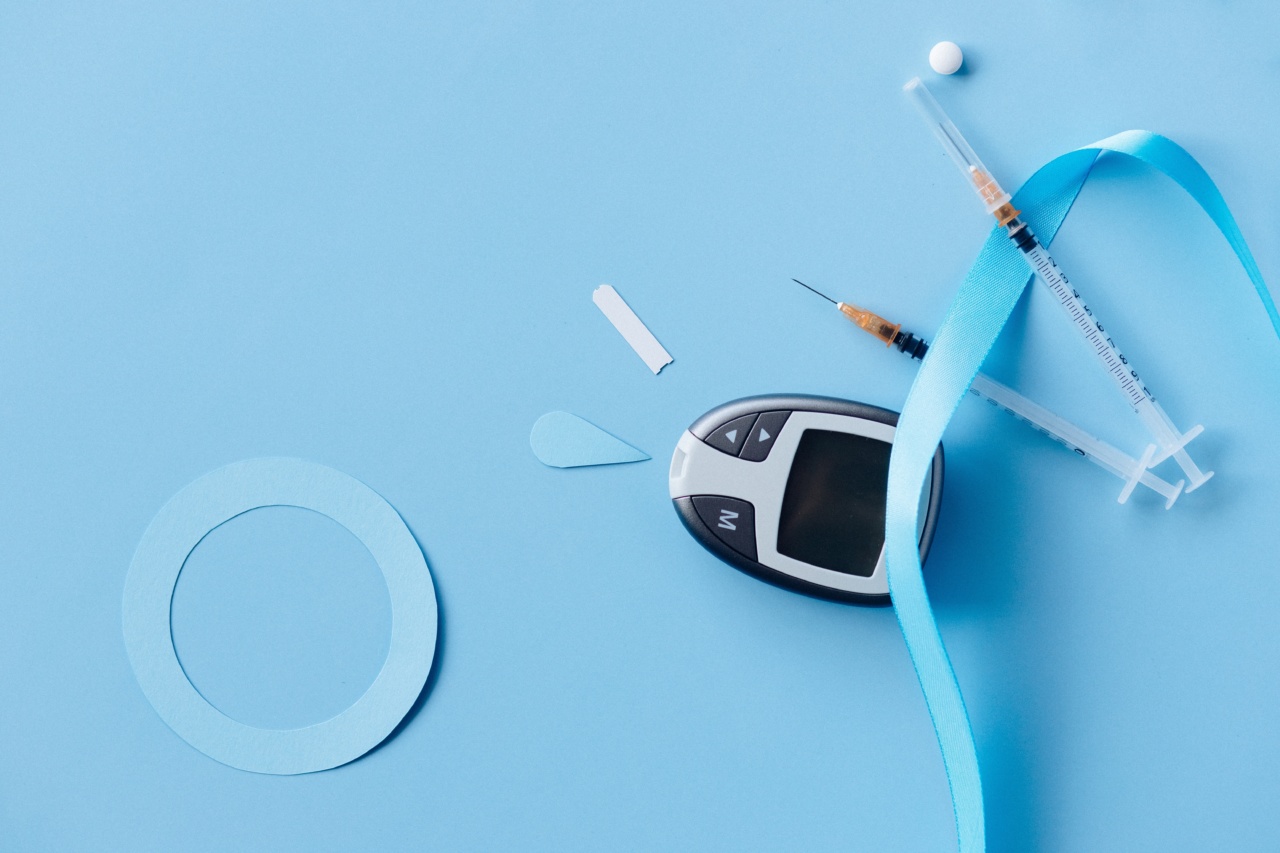Diabetes is a chronic disease that affects how your body processes blood sugar – or glucose – which is the primary source of energy for your cells.
Without enough insulin or resistance to the insulin your body does produce, blood sugar can build up in your bloodstream and cause severe symptoms and complications, including nerve damage, vision loss, and heart disease.
Fortunately, advances in medical research and technology have led to several effective diabetes treatments that can help you control your blood sugar levels and manage the symptoms of diabetes, allowing you to live a healthier, happier life.
In this article, we’ll explore some of the most effective treatments for diabetes and how they can benefit your overall health.
The Importance of Blood Sugar Control
Whether you have Type 1 or Type 2 diabetes, controlling your blood sugar levels is crucial to maintaining your health and avoiding complications.
High blood sugar levels can cause damage to your blood vessels, organs, and tissues, leading to a range of symptoms and health problems. The primary goal of diabetes treatment is to keep your blood sugar levels within a healthy range through consistent monitoring and management.
With proper care and attention, you can reduce your risk of long-term complications and improve your overall quality of life. So, what are the most effective treatments for diabetes that can help you manage your blood sugar levels and stay healthy?
1.
Insulin Therapy
Insulin is a hormone that your body uses to regulate blood sugar levels by moving glucose from your bloodstream into your cells where it can be used for energy. For people with Type 1 diabetes, insulin therapy is an essential treatment because their body doesn’t produce any insulin at all.
Insulin can be administered through injections or a pump that delivers a continuous dose of insulin throughout the day. The dosage and frequency of insulin injections will vary depending on your individual needs, with regular monitoring of blood sugar levels to ensure they stay within a healthy range.
For people with Type 2 diabetes, insulin therapy may also be used in cases where oral medications or lifestyle changes aren’t enough to regulate blood sugar levels. Insulin therapy can help to improve blood sugar control and reduce the risk of long-term complications.
2.
Oral Medications
Oral medications are often prescribed for people with Type 2 diabetes to help regulate blood sugar levels. There are several different types of oral medications that work in different ways to control blood sugar levels, including:
- Metformin – reduces the amount of glucose produced by the liver and makes cells more sensitive to insulin.
- Sulfonylureas – stimulate the pancreas to produce more insulin.
- DPP-4 inhibitors – help to increase insulin production and reduce the amount of glucose produced by the liver.
- SGLT2 inhibitors – help to reduce the amount of glucose absorbed by the kidneys and increase excretion of glucose through urine.
3.
Blood Sugar Monitoring
Monitoring your blood sugar levels regularly is a critical part of diabetes management. By keeping track of your blood sugar levels, you can adjust your treatment plan as needed to ensure they stay within a healthy range.
There are several types of blood sugar monitoring devices available, including traditional glucose meters, continuous glucose monitoring systems, and flash glucose monitoring systems. Your doctor can help you choose the right device for your needs and provide guidance on how often you should check your blood sugar levels.
4.
Healthy Diet and Exercise
Maintaining a healthy diet and getting regular exercise are both critical components of diabetes management. A diet rich in whole grains, vegetables, fruits, lean proteins, and healthy fats can help to regulate blood sugar levels and improve overall health.
Exercise can help to lower blood sugar levels by increasing insulin sensitivity and improving glucose uptake by cells. Regular physical activity can also help to reduce the risk of cardiovascular disease and other complications of diabetes.
Your doctor or a registered dietitian can provide guidance on developing a healthy eating plan and exercise routine that is tailored to your individual needs and health status.
5. Diabetes Education and Support
Education and support are also essential components of diabetes self-care.
Learning as much as you can about diabetes, its symptoms, and how to manage it effectively can help you feel more in control of your health and improve your overall quality of life. Support groups and peer networks can also provide valuable emotional and social support as you navigate living with diabetes. Your healthcare team can provide resources and guidance on finding diabetes education and support in your local community.
Conclusion
Diabetes is a complex and challenging disease, but there are several effective treatments available that can help you manage it effectively and live your best life. With a combination of medications, blood sugar monitoring, healthy lifestyle choices, and education and support, you can take control of your diabetes and reduce your risk of long-term complications.
Working closely with your healthcare team and taking an active role in managing your diabetes is the key to success. Whether you have Type 1 or Type 2 diabetes, there is hope for a healthier, happier future with diabetes.






























